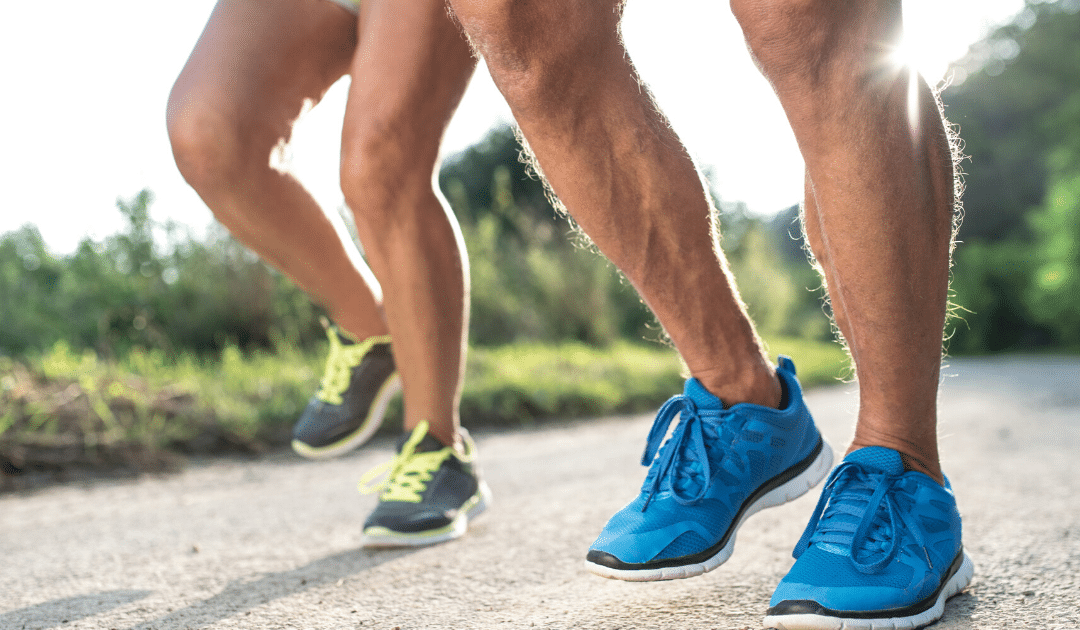It’s summertime and temperatures are quickly on the rise!
Extreme heat is more than an inconvenience though; it is a health hazard. It’s extremely important that we do all that we can to avoid overheating and that we all know the symptoms of heat-related illnesses like:
Heat Cramps
These are muscular pain or spasms in the leg or abdomen – often the first sign of trouble. Getting a person to a cooler place and hydrating them with water or sports drinks usually alleviates them.
Heat Exhaustion
This is much more severe with symptoms of:
-
- Cool moist pale, ashen or flushed skin
- Headache
- Dizziness
- Nausea
- Weakness
- Exhaustion
Treatment includes moving to a cooler place with circulating air, remove or loosen clothing and apply cool, wet cloths or towels to the skin. Spraying a person with water helps as well as giving small amounts of fluids such as water, fruit juice, milk or sports drinks. If symptoms persist, call medical help immediately
Heat Stroke
This is a life-threatening condition. Symptoms include high body temperature (above 103 degrees); hot, red skin; rapid and strong pulse; confusion, and possible unconsciousness. Immediately:
-
- Call 911
- Move the person to a cooler place
- Cool them with water by immersing them or spraying them
- Cover them with ice packs or bags of ice
Children and Pets are at Risk
Don’t forget your precious cargo when the weather heats up. We think that it will never happen to our families, unfortunately, each year an average of 37 children and many hundreds of pets die from being left in hot cars. The majority is the result of a parent or caregiver who forgot the child or pet was in the vehicle. Even on a 70-degree day, the inside temperature can climb to a dangerous 110 degrees.
New technology and apps are being developed to warn parents of a child left in a car or truck, and the 2017 GMC Acadia will be the first vehicle with a built-in sensor that alerts drivers to check the back seat for children or pets left in the car. Until these are tested and more readily available, safety groups have mounted campaigns to prevent child heatstroke danger with these warning tips:
-
- Never leave a child or pet in an unattended vehicle
- Keep vehicles locked so children can’t climb in
- Always check the back seat before leaving the vehicle
- Place a stuffed toy in the car seat when it’s unoccupied and move it to the front seat as a visible reminder when you put a child in the seat
- Put a purse, briefcase or other important items in the back seat with your infant or young child
- Alert childcare facilities to notify you if your child fails to show up
- Call 911 if you see a child alone in a vehicle and take action if you see they are in distress or unresponsive (break a window and remove them to a cool place and wait for emergency responders)
Personal Safety
When extremely hot weather hits, these are things you can do to alleviate the danger:
-
- Drink plenty of water and rehydrating sports drinks
- Avoid strenuous work during the heat of the day
- Dress in loose-fitting, lightweight and light-colored clothing
- Stay indoors as much as possible
- Never leave children or pets in a vehicle
- Go to a basement or lowest floor of a house or building if there is no air conditioning
- Consider spending the warmest part of the day in cool public buildings such as libraries, schools, movie theaters, malls, and other community facilities
- Spend time at a community pool or water park
- Check on family, friends, and neighbors (especially the very young or old) who do not have air conditioning
Home Prep
Ready.gov has an extensive list of recommendations to help keep your home cool when the temperature rises:
-
- Install window air conditioners snugly and insulate them
- Check air conditioning ducts for proper insulation
- Install temporary window reflectors (such as aluminum foil-covered cardboard) to reflect heat back outside
- Cover windows that receive direct sunlight with drapes, shades, awnings or louvers
- Keep storm windows up
Automobile Prep
Your car takes a beating in extreme heat. It’s a good reminder to:
-
- Test your battery
- Check your fluids – oil, coolant, and wiper fluid
- Get your air conditioning serviced
- Inspect all hoses and belts for cracks or tears
- Carry extra water or coolant
This article is furnished by California Casualty, providing auto and home insurance to teachers, law enforcement officers, firefighters, and nurses. Get a quote at 1.800.800.9410 or www.calcas.com.
- California Casualty Earns Financial Stability Rating® of A, Exceptional, From Demotech, Inc. - April 28, 2025
- Music & Arts Grant Recipients – 2024 - December 13, 2024
- Understanding Auto and Home Insurance Rate Changes - December 3, 2024

